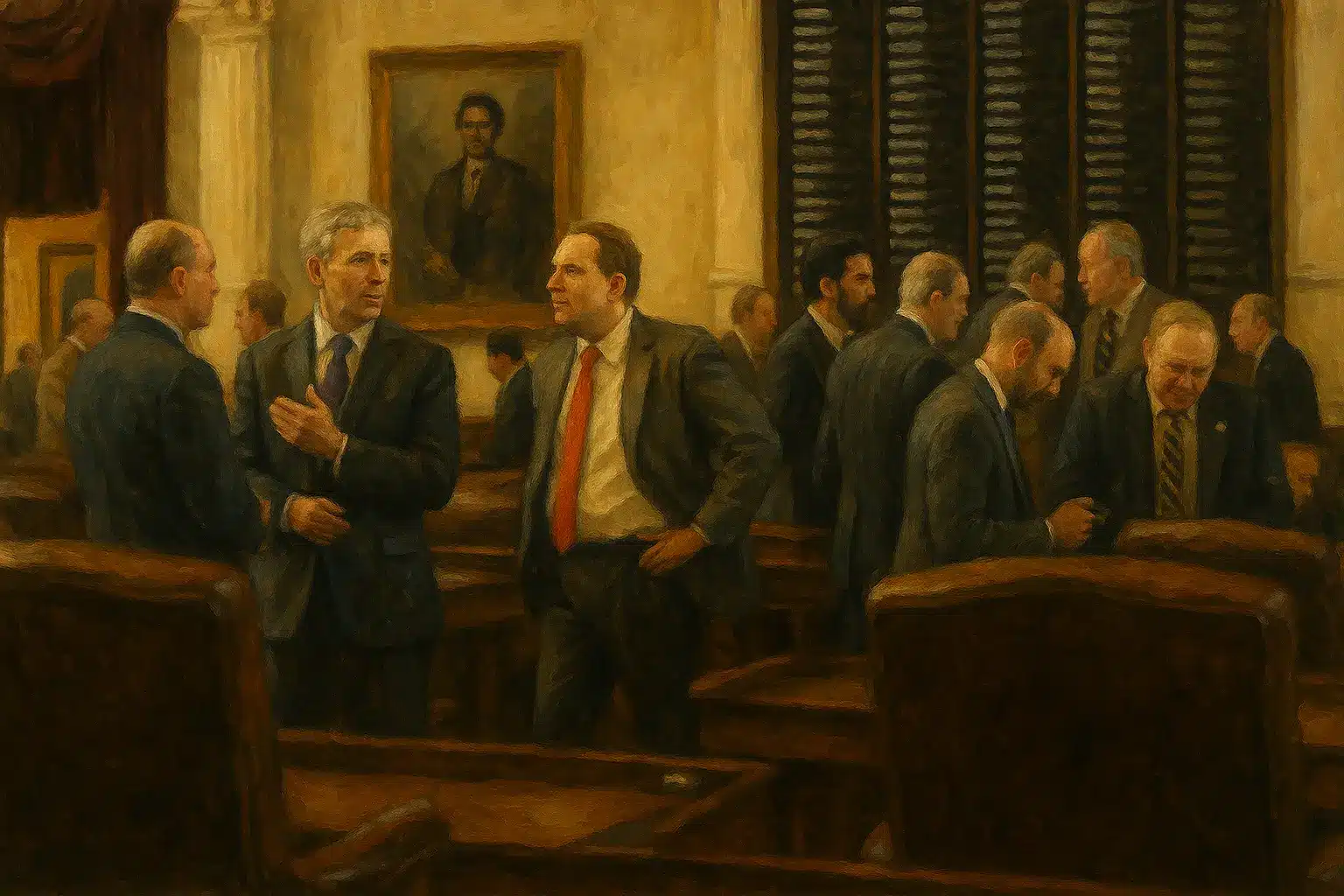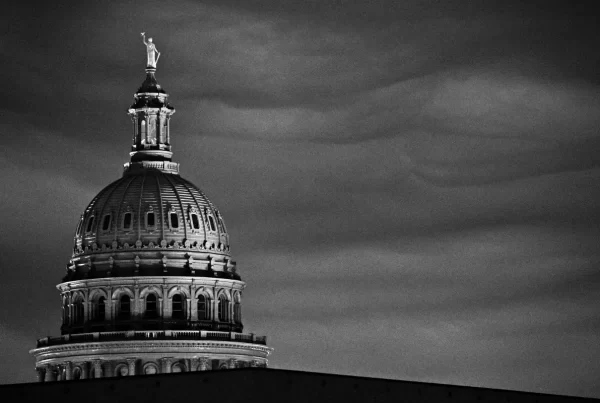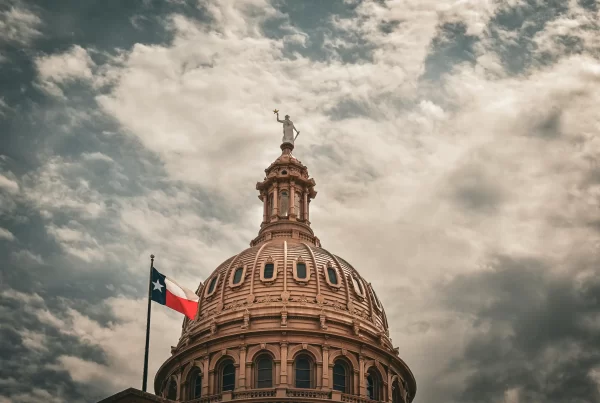The Texas Legislature meets regularly every two years to approve a state budget, pass new laws, and revise existing laws. However, the governor can call a special session at any time to address urgent issues. Special sessions are shorter and more narrowly focused than regular sessions.
Special vs Regular Sessions
Special sessions are limited to specific topics chosen by the governor. During a special session, lawmakers may only legislate on matters related to the governor’s agenda. The Texas Constitution says, “When the Legislature shall be convened in special session, there shall be no legislation upon subjects other than those designated in the proclamation of the Governor calling such session, or presented to them by the Governor; and no such session shall be of longer duration than thirty days” (Article 3, § 40).
Special sessions are much shorter than regular sessions:
- Regular session: Meets for 140 days every two years.
- Special session: Can last up to 30 days maximum.
Special sessions cannot be extended past 30 days. However, the governor can call multiple consecutive special sessions. Politically, this is unconventional and has rarely been done. But it is permitted by law.
When Are Special Sessions Called?
The governor can call a special session for any reason. Some common reasons include:
- Budget issues
- New laws needed for urgent problems
- Redistricting after a census
- Emergency measures for disasters (like hurricanes or pandemics)
History of Special Sessions
The first special session in Texas took place in 1836. Since then, special sessions have been used to address various urgent issues, from budget crises to controversial laws.
Here are a few notable special sessions in Texas history:
- 1930s: A special session was called to deal with the effects of the Great Depression and adjust the state’s economic policies.
- 1949: A special session addressed issues related to the public school system.
- 1961: A special session was called to deal with school desegregation following federal court rulings.
- 1971: A special session focused on adjusting the state’s education funding system after a series of legal challenges.
- 2003: Governor Rick Perry called a special session to address Texas’ budget crisis. It led to tax increases and spending cuts.
- 2005: A special session was called to address school finance reform after a state court ruled that the existing system was unconstitutional.
- 2017: Governor Greg Abbott called a special session to pass legislation on issues like bathroom bills and property tax relief.
- 2021: Multiple special sessions were called to address voter ID laws, abortion restrictions, and other hot-button issues. These sessions were highly controversial and led to significant political debates.
How Often Are Special Sessions Held?
On average, Texas has one to three special sessions per legislative cycle. Some governors have preferred to avoid calling special sessions, while others have called many of them.
For example, Governor Dolph Briscoe (1973–1979) called five special sessions to address issues like tax reform, school finance reform and funding for public education. Similarly, Governor Preston Smith (1969-1973) called five special sessions focused on public finance, reforming the electoral system, school desegregation, oil and gas regulations.
On the other hand, the following governors did not call any special sessions during their tenure: William P. Hobby (1917–1921), Miriam “Ma” Ferguson (1925–1927, 1933–1935), and James Hogg (1891–1895).
Criticisms of Special Sessions
While special sessions can address urgent issues, there are criticisms of the biennial legislative cycle in Texas and how special sessions are used:
- Limited Legislative Time: Since Texas lawmakers only meet every two years, many feel that 140 days is not enough to address all of the state’s needs. The biennial cycle means that issues can remain unresolved for long periods of time.
- Pressure on Special Sessions: Some critics argue that the reliance on special sessions to resolve urgent matters places undue pressure on lawmakers to act quickly, without sufficient time for careful deliberation. It can lead to rushed legislation.
- Governor’s Power: The governor has significant control over what issues are addressed in special sessions. Some critics argue that this gives too much power to the governor, limiting the ability of the legislature to address a broader range of concerns.
- Lack of Public Input: Special sessions are typically focused on a narrow set of issues chosen by the governor. This can limit opportunities for public debate and citizen input on other important matters.
Key Takeaways
Special sessions are a mechanism to address some of the shortcomings of having a part-time legislature. They allow the Texas Legislature to tackle urgent issues outside of its normal legislative cycle.
Special sessions also give the governor power to direct the legislature according to his political priorities. While the Texas Constitution gives the governor broad authority to call these sessions and set the agenda, their limited duration and narrow focus often lead to debates about gubernatorial power and the governor’s political priorities.



